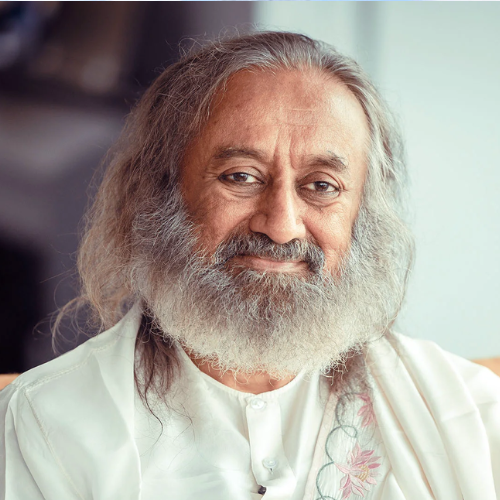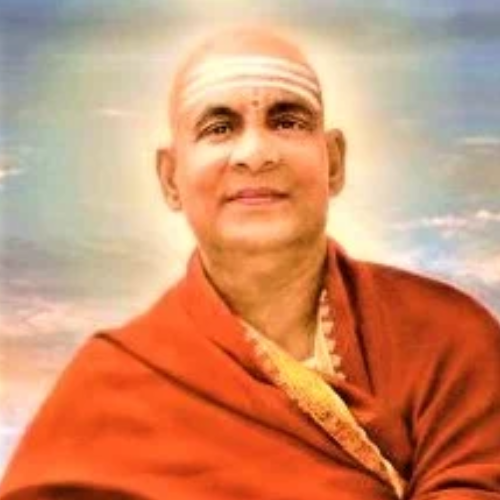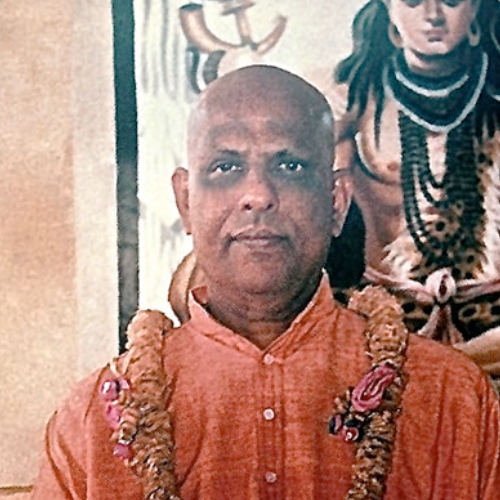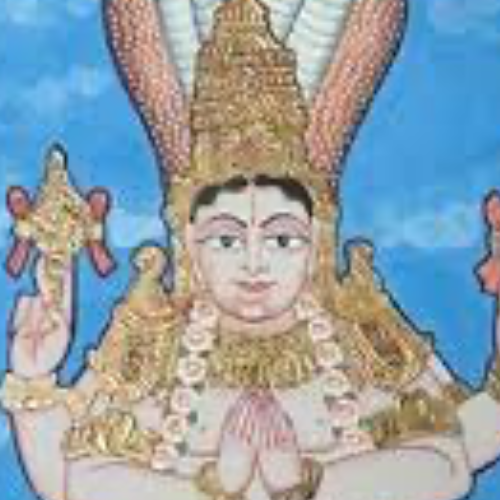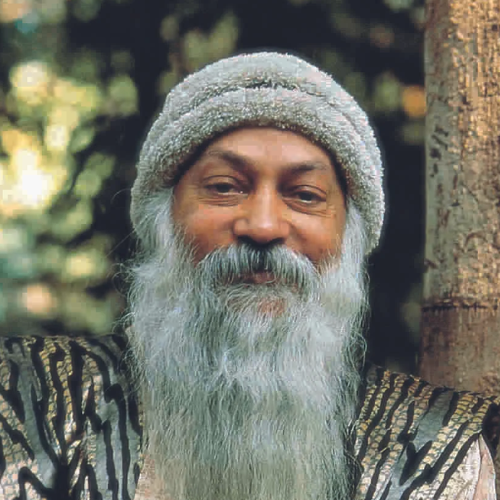There is a deep, peaceful calm in the dawning of a new day.
Self-improvement is a dangerous form of vanity.
...the habitual dualist's solution to the problem of dualism: to solve the dilemma by chopping off one of the horns.
There's an interdependence between flowers and bees. Where there are no flowers there are no bees, and where there are no bees, there are no flowers. They are really one organism. And so in the same way, everything in nature depends on everything else.
Some believe all that parents, tutors, and kindred believe. They take their principles by inheritance, and defend them as they would their estates, because they are born heirs to them.
Philosophy is man’s expression of curiosity about everything and his attempt to make sense of the world primarily through his intellect.
Western religions are more concerned with behavior, doctrine, and belief than with any transformation of the way in which we are aware of ourselves and our world.
A scholar tries to learn something everyday; a student of Buddhism tries to unlearn something daily.
Religion is not a department of life; it is something that enters into the whole of it.
Beyond positive and negative, what is Reality?
To play so as to be relaxed and refreshed for work is not to play, and no work is well and finely done unless it, too, is a form of play.
If you are ready to wake up, you are going to wake up. If you're not you are going to stay pretending that you are just a poor little me.
So, the whole idea, you see, is that everything's falling apart, so don't try and stop it. When you're falling off a precipice, it doesn't do you any good to hang onto a rock that's falling with you. See? But everything is doing that. And so, again, this is another case of our completely wasting our energy in trying to prevent the world from falling apart. Don't do it. And then you'll be able to do something interesting with the free energy.
If we are unduly absorbed in improving our lives we may forget altogether to live them.
We accepted a definition of ourselves which confined the self to the source and to the limitations of conscious attention. This definition is miserably insufficient, for in fact we know how to grow brains and eyes, ears and fingers, hearts and bones, in just the same way that we know how to walk and breathe, talk and think - only we can't put it into words. Words are too slow and too clumsy for describing such things, and conscious attention is too narrow for keeping track of all their details.
To be silent is not to lose your tongue. On the contrary, it is only through silence that one can discover something new to talk about. One who talked incessantly, without stopping to look and listen, would repeat himself ad nauseam.
Real travel requires a maximum of unscheduled wandering, for there is no other way of discovering surprises and marvels, which, as I see it, is the only good reason for not staying at home.
Faith... is letting go and trusting oneself to the unknown.
They are enlightened who join in this play knowing it as play, for people suffer only because they take as serious what the gods made for fun.
In a certain sense, Zen is feeling life instead of feeling something about life.
Billions of years ago, you were a big bang, but now you're a complicated human being. And then we cut ourselves off, and don't feel that we're still the big bang. But you are.
Yet again, the more you strive for some kind of perfection or mastery—in morals, in art or in spirituality—the more you see that you are playing a rarified and lofty form of the old ego-game, and that your attainment of any height is apparent to yourself and to others only by contrast with someone else's depth or failure.
The 'you' who you think you are does not exist.

